Are you tired of battling pesky mosquitoes in your yard?
If so, Mosquito Shield has the answer for you.
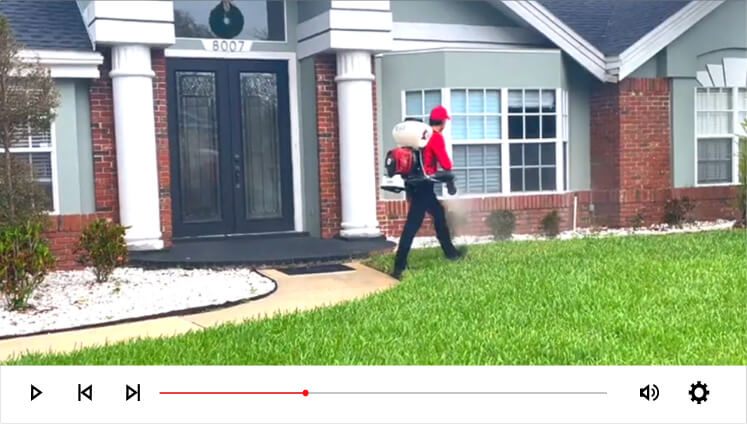
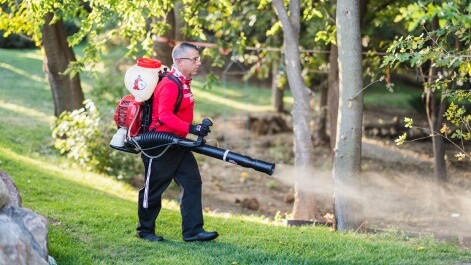
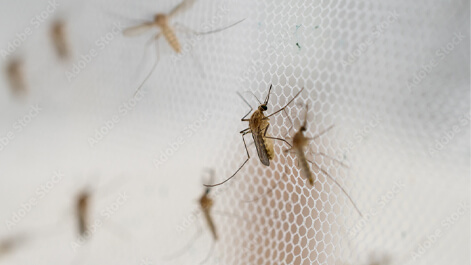
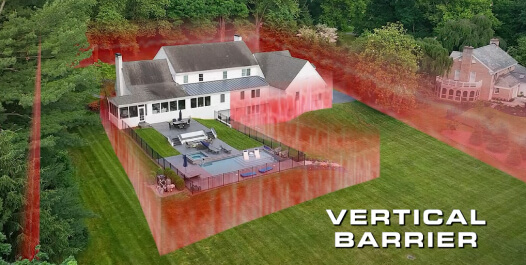

Let our experts share their passion for the great outdoors and help get your yard back.
You no longer have to struggle through mosquito season, there’s a better solution.
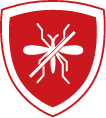

Any mosquitoes living around active areas of the home will be killed on contact with our mosquito proprietary blend (MPB). We train our technicians to target these areas so we can maximize the effectiveness of the spray.


Female mosquitoes are attracted to the carbon dioxide we breathe. Our mosquito proprietary blend (MPB) has been specially formulated to mask it. Once our MPB barrier is up, your property will be actively avoided.

As treatments are performed a vertical barrier is established which strengthens with each mosquito control service visit. This will protect your yard from any unwanted guests.
We make the whole process of backyard mosquito control easy, from start to finish. Our goal is to help you, so you can enjoy the simple pleasure of relaxing in your yard again.
Whether it’s outdoor mosquito control for your home or your business, get started by contacting us today! Learn more about our commercial and residential mosquito control services.






